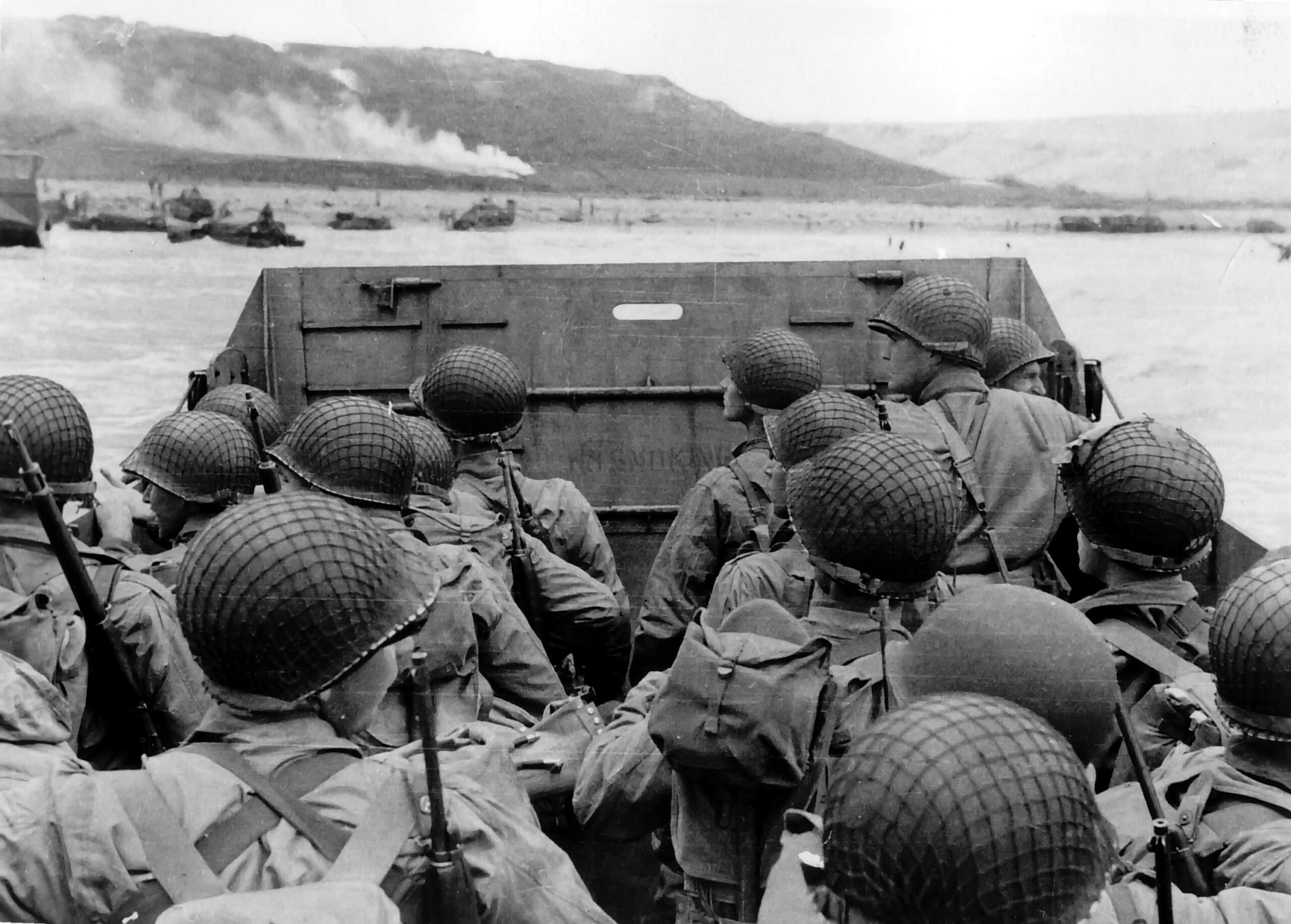Combat during what we now know as World War I ended on the 11th hour of the 11th day of the 11th month of the year.
For that reason, Nov. 11, 1918, was regarded as the end of the “war to end all wars.”
In November 1919, President Woodrow Wilson proclaimed Nov. 11 as the first commemoration of Armistice Day. The holiday was renamed Veterans Day in 1954. The so-called “war to end all wars” proved to be anything but.
Emory University film professor Tanine Allison is a scholar of war-related cinema. She joined “City Lights” host Lois Reitzes to give her recommendations of five different films that portray the impact of war on those returning home.
Interview Highlights
Allison on the Peter Jackson film “They Shall Not Grow Old”:
“It was made in 2018, for the centennial of the armistice. What he did was take documentary footage of the war from the Imperial War Museum, and he paired it with audio interviews with veterans. These veterans were recorded in the 1960s. So it’s authentic footage, and authentic interviews. So it’s really powerful just with that. But then what made it stunning, but also controversial, is that he took that footage, he colorized it, he converted it to 3D, he added synchronized sound and smoothed it all out with digital effects. So it’s just this really spectacular transformation of this footage.”
On “Best Years of Our Lives”:
“It’s directed by William Wyler, and it tells the story of three servicemen returning from the war to their hometown. They meet on a plane riding home, and they face challenges readjusting to society … So though there is tragedy in the film: how they are treated when they return and their difficulties and readjusting to society.”
On “Mudbound”:
“It is set in rural Mississippi after World War II. It tells the story of an unlikely friendship between a white veteran and a black veteran, and it shows the dangers of that friendship to both of them. … So the white veteran, Jamie, is the brother of a man who owns a farm. And the black veteran, Ronsel, is the son of a sharecropper family that lives and works on that farm. So their lives are intertwined. But there is, of course, a huge difference in the power dynamic and class dynamic between these two families.”






